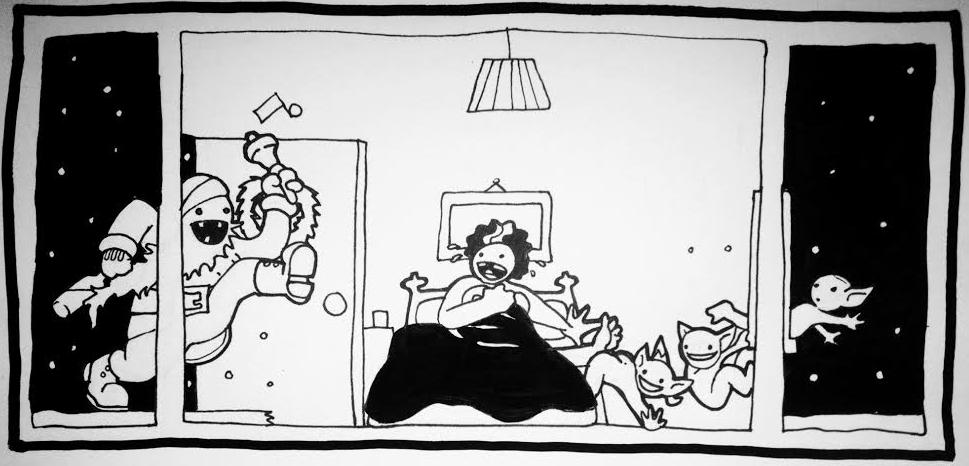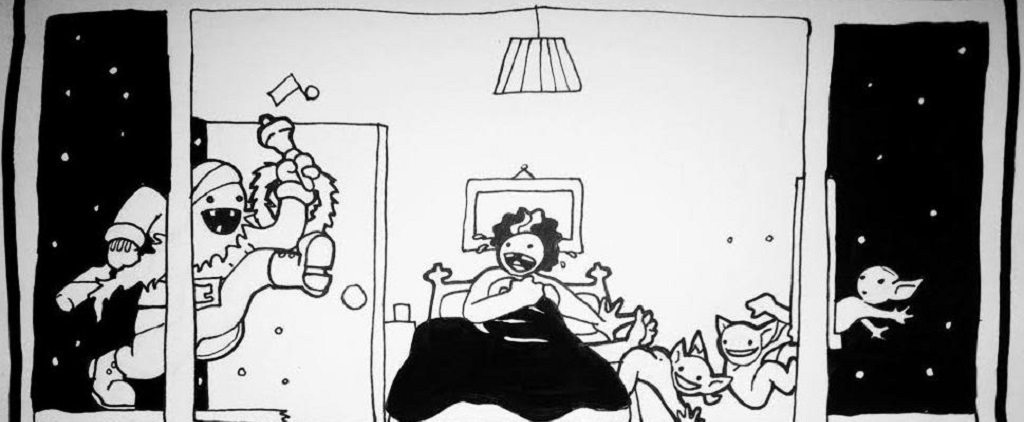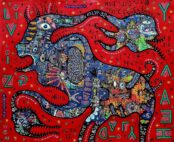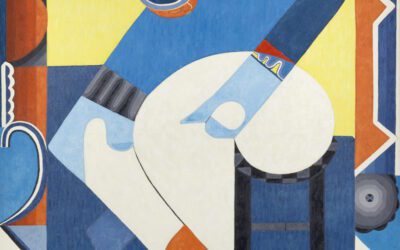[dropcap style=”font-size:100px; color:#992211;”]I[/dropcap]t is not a lack of conviction that brings so much suffering to humanity; it is a lack of rigorous imagination.
Rigorous imagination is not the same thing as a desperate need for belief or a tendency to be convinced of the reality of any notion that arrives in your head.
Rigorous imagination allows you to engage in democratic discourse with the disparate beings who inhabit the polis of your psyche, but not be swept away by mob rule or entranced by charismatic or neurotic characters within you who have a monomaniacal agenda.
These inner characters, gods, animals, and monsters can be helpful to you; it is futile to attempt to repress them. But you must have a grip on them – or they will have a grip on you.
Ergo, this is the difference between clinging to narrow convictions and a heart-opening, senses-awaking, mind-vivifying embrace of rigorous imagination.
Our convictions, beliefs, and motives have been formed from a mixture of apprehensions (sprung from seeds of bias) and misapprehensions (that contain a tiny measure of truth). Generally, what we term thinking and knowing is more often than it is not, an autonomous process – an unconscious seeking of affinities – a mating dance of known quantities and recognizable possibilities allowing one to view the world as the unfolding of the plausible. The process is akin to a trek across recognizable, navigable terrain – and not a bewildering bog of proliferating novelty, lacking both a familiar landmark or the lexicon of a known tongue.
As a people, what is our legacy to future generations? Depressing, isn’t it? Ecocide. Debt slavery. War without end. A social milieu in which privileged psychopaths not only thrive but decide the fate of the multitudes.
Activity, rigour, imagination, knowledge and truth offer the most meaningful hope of an alternative.
Image by Dan Booth. Not to be reproduced without express prior permission.
Phil Rockstroh is a poet, lyricist and philosopher bard living in New York City.
Yet a bio amounts to dharma for dimwits: It defines a human being in the same manner and degree of veracity as a restaurant menu describes the various slabs of meat offered … commodified things that were once living beings.





















